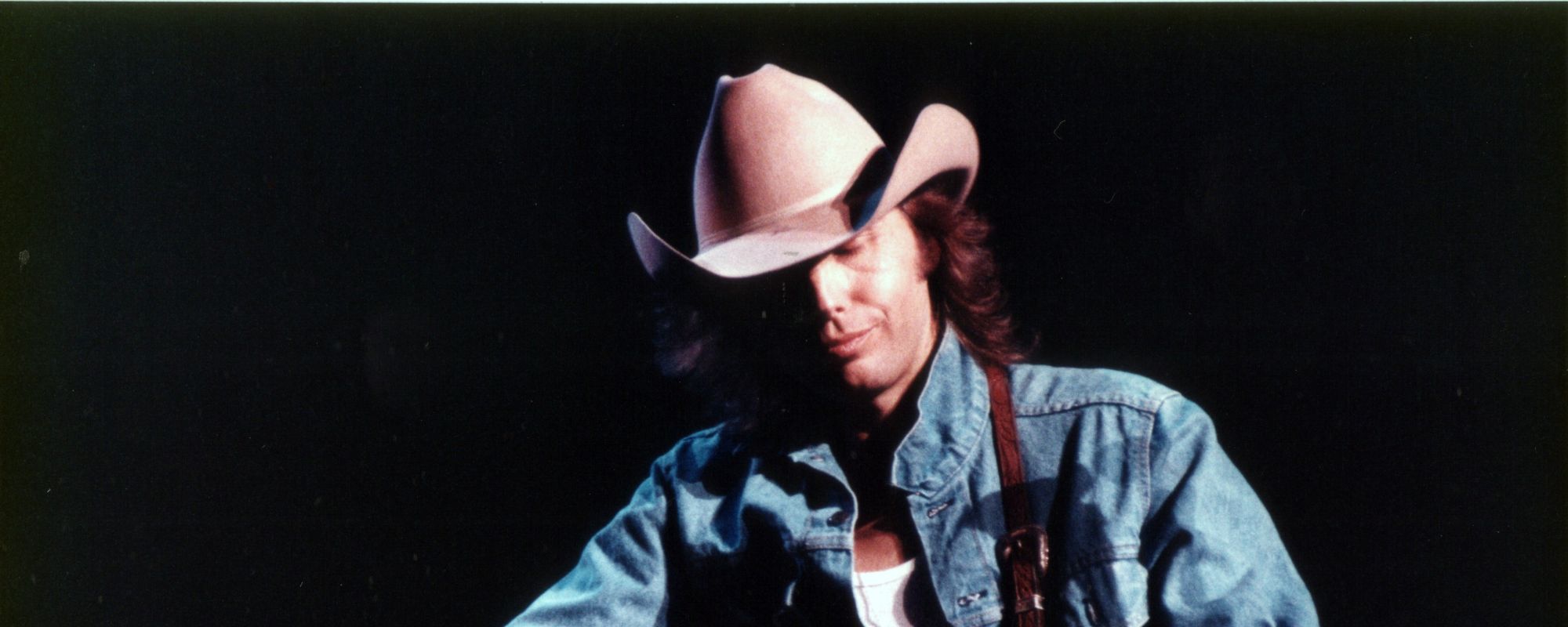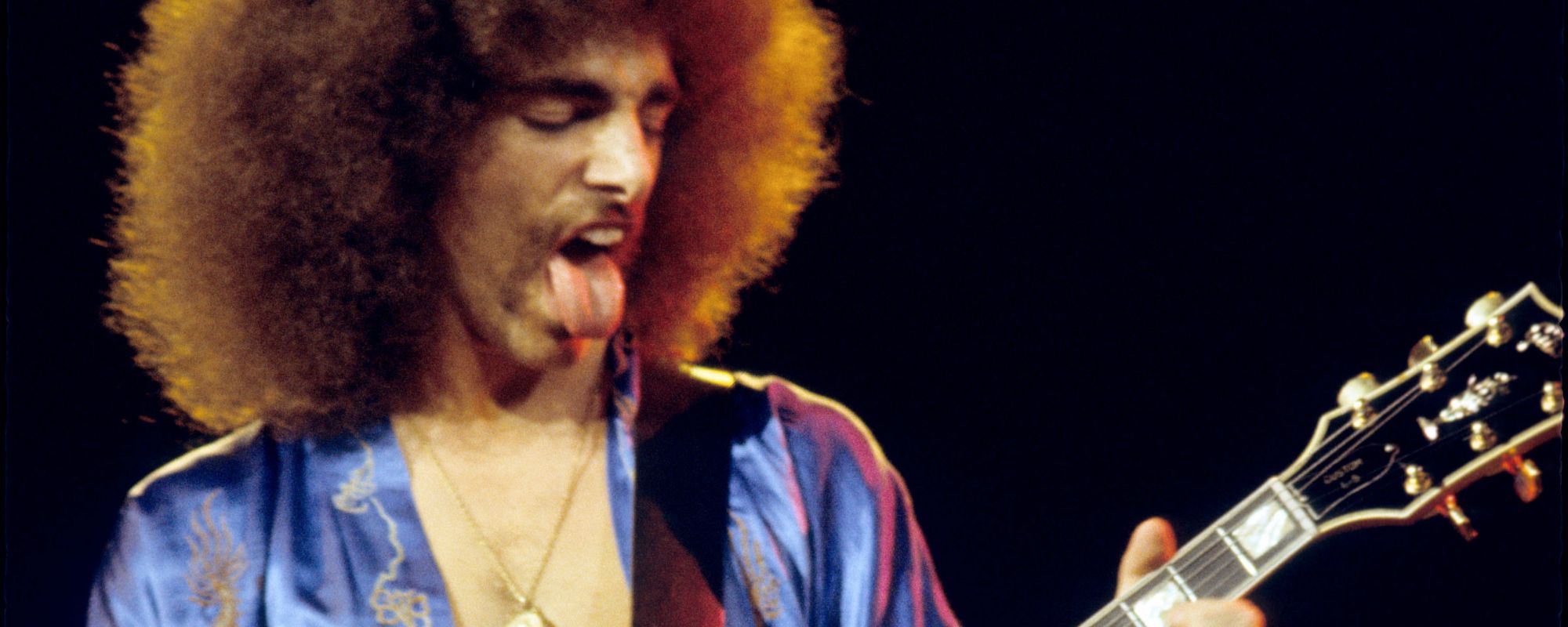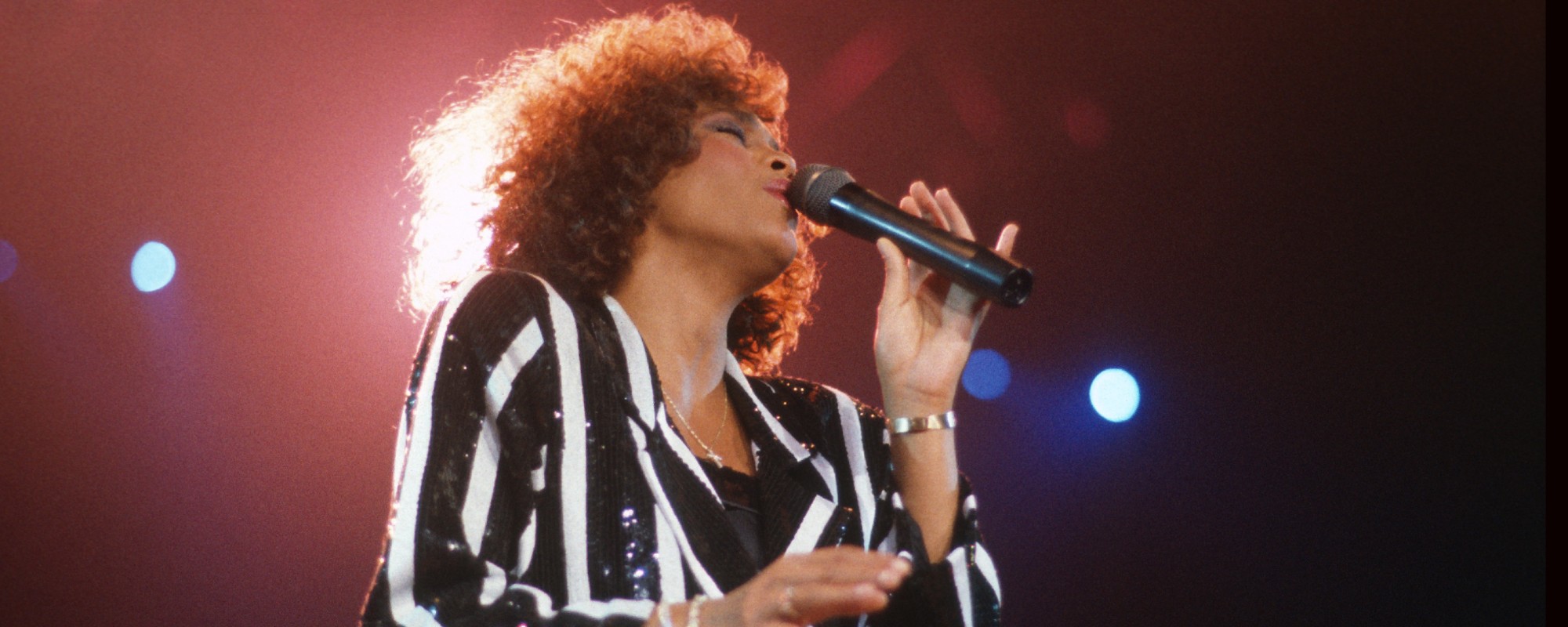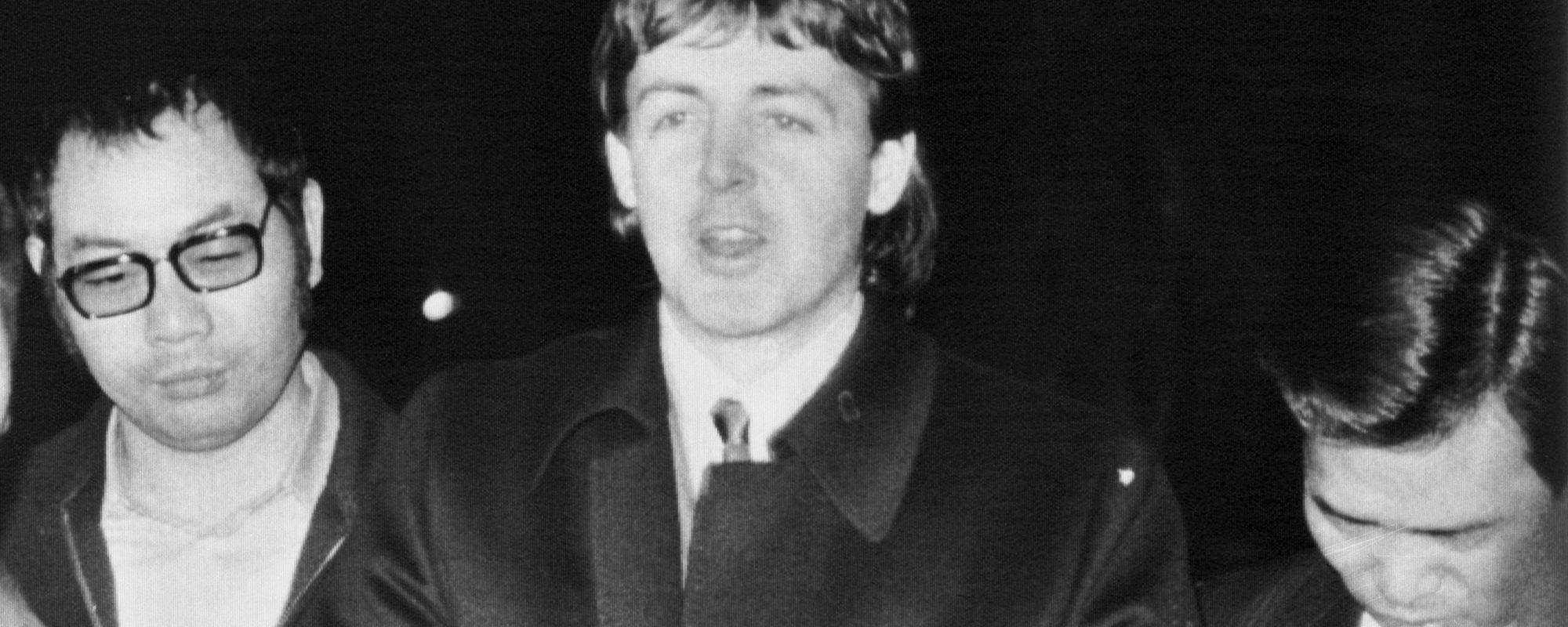Stephen Stills‘ “Suite: Judy Blue Eyes” opened Crosby, Stills and Nash‘s eponymous 1969 debut album. A play on the words “sweet Judy blue eyes,” the song referenced his then-girlfriend Judy Collins, and their “imminent” breakup, and was one of four songs Stills wrote for the album. By the time CSN were working on their second album, Déjà Vu, Stills penned three more songs—including “Everybody I Love You” with Neil Young and “4 + 20″—and opened the album again with a more poignant look at another breakup: the band’s.
The band’s first release with Young, Déjà Vu, had its compelling run of songs with the classic missive to parents, “Teach Your Children,” and Graham Nash‘s look at domesticated life with Joni Mitchell, whose “Woodstock” was also covered on the album, with “Our House.”
Sonically, Déjà Vu sounded impeccable and concealed how difficult an album it was for the band, who were close to breaking up, to pull together.
“Getting that second album out of us was like pulling teeth, there was song after song that didn’t make it,” recalled Stills in a 1971 interview with Hit Parader. “The track ‘Déjà Vu’ must have meant 100 takes in the studio. But “Carry On” happened in a grand total of eight hours from conception to finished master.” So you never know.”
Videos by American Songwriter
[RELATED: How the 1970 Kent State Shooting Inspired Crosby, Stills, Nash & Young’s “Ohio”]
Another “Suite: Judy Blue Eyes”
During the Déjà Vu sessions, it was Nash who originally recommended that Stills write what became “Carry On” since they needed another “Suite: Judy Blue Eyes”-like opener for the second album.
“I said to Stephen one day, ‘You know, we don’t have “Suite: Judy Blue Eyes,”’ said Nash in 2021. “He goes, ‘Yeah, I know. We did it on the first record.’ I said, ‘No, no, no. We don’t have the song that guarantees that people won’t get up and take the needle off the record. And when you hear ‘Suite: Judy Blue Eyes,’ and we come to the end of it, I defy you to get up and turn the record off. You wouldn’t do that. We need that kind of song.’”
Nash continued, “The next day, he comes to me and he goes, ‘What do you think about this, Willy?’ [sings opening notes to “Carry On”] and he played me ‘Carry On.’ It shows you the genius of Stephen Stills.”
[RELATED: 5 Crosby, Stills & Nash Songs Stephen Stills Wrote Solo From the 1960s to 1980s]
Part I: A Message to the Band?
Released as the B-side of “Teach Your Children,” the opening “Carry On” was the final song the band recorded for Déjà Vu before breaking up during the summer of 1970.
“It was something of a message to the group,” recalled drummer Dallas Taylor in the liner notes of the band’s 1991 box set CSN, “since it had become a real struggle to keep the band together at that point.”
The first part of the song may have sent a subtle message from Stills to the band, which had started to unravel during the recording of the album—Go your way, I’ll go mine … we have no choice but to carry on.
One morning I woke up and I knew
You were really gone
A new day, a new way
And new eyes to see the dawn
Go your way, I’ll go mine
And carry on
The sky is clearing and the night
Has gone out
The sun, he come, the world
Is all full of love
Rejoice, rejoice, we have no choice
But to carry on
The fortunes of fables are able
To sing the song
Now witness the quickness with which
We get along
To sing the blues you’ve got to live the dues
And carry on

Part II: A Buffalo Springfield Song
By July of 1970, Still was fired from the band during their two-night run of shows at the Auditorium Theatre in Chicago. Stills rejoined the band that summer, but Crosby, Stills & Nash broke up soon after. Déjà Vu was their final album together before the trio reconfigured for their third album, CSN, in 1977.
Though the first part was a lighter memo to the band, its second half Stills pulled the second part of the song was pulled from “Questions,” a song he originally wrote for his band Buffalo Springfield’s 1968 album Last Time Around.
“Carry On” ended up on three CSN albums, first on Déjà Vu, then on the 1971 CSN&Y live album 4 Way Street, and again on their compilation So Far in 1974.
Photo: Stephen Stills by Robert Knight Archive/Redferns












Leave a Reply
Only members can comment. Become a member. Already a member? Log in.